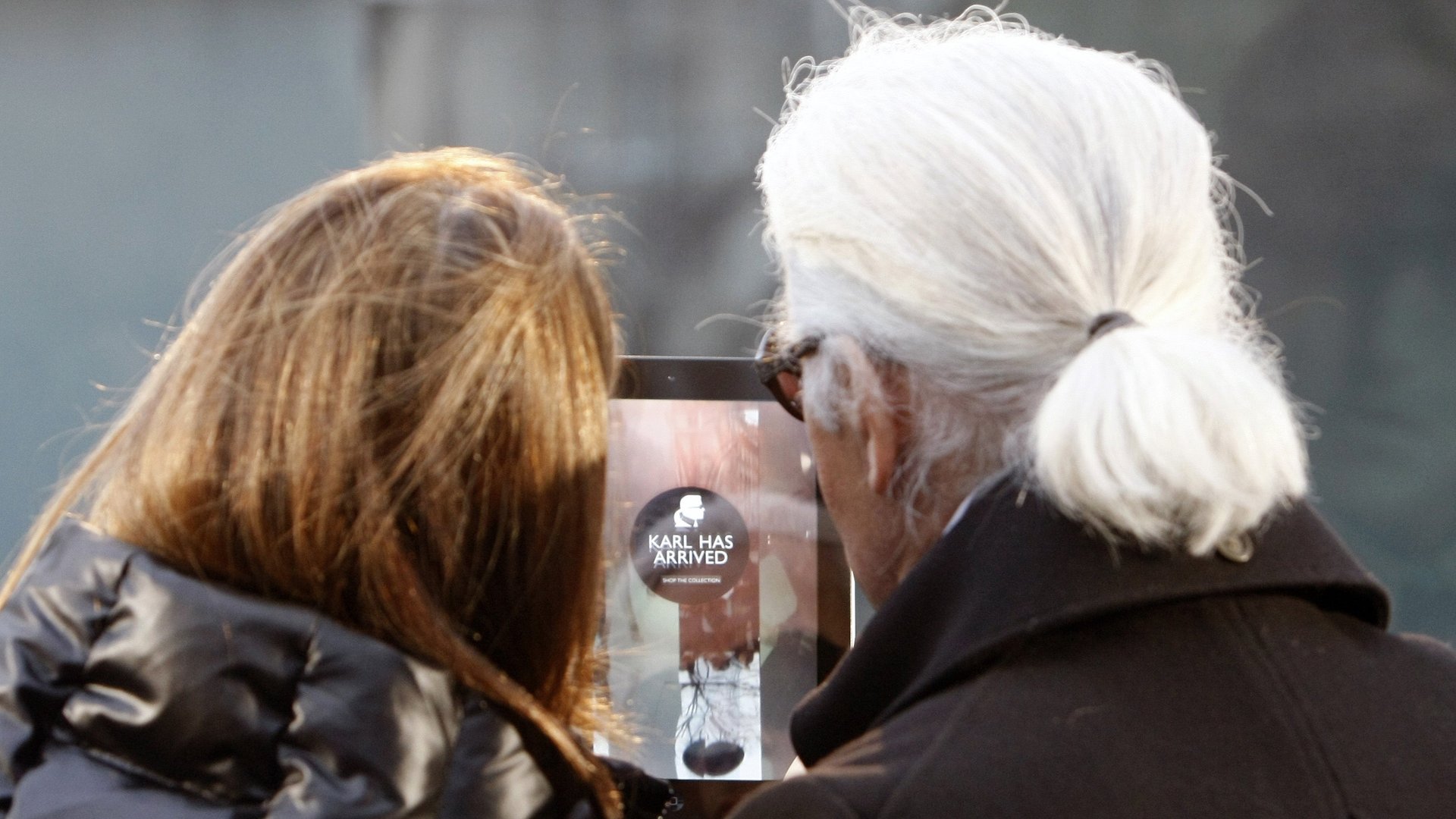Online shoppers prove skeptics wrong by increasingly buying luxury goods via their tiny mobile screens
The merger last year of Yoox, a discount site specializing in off-season designer clothing, and Net-a-Porter, an e-boutique known for its selection and glossy presentation, created an online fashion giant. Both sites had already built their brands successfully selling expensive clothes over the internet, even as many designer labels themselves hesitated to put their pricey wares online, fearing the luxurious quality of their clothing wouldn’t translate.


The merger last year of Yoox, a discount site specializing in off-season designer clothing, and Net-a-Porter, an e-boutique known for its selection and glossy presentation, created an online fashion giant. Both sites had already built their brands successfully selling expensive clothes over the internet, even as many designer labels themselves hesitated to put their pricey wares online, fearing the luxurious quality of their clothing wouldn’t translate.
On Feb. 8, the Yoox Net-a-Porter Group reported (pdf) that revenue grew 31% in 2015, offering more evidence that high-end shoppers are increasingly happy to shop digitally. What’s more, nearly 40% of Yoox Net-a-Porter’s sales came from mobile, where the luxury experience is arguably further diminished by a small screen.
The group saw a 180% surge in sales from its “native apps” such as The Net Set, an app-based social shopping network, and dedicated apps for its e-commerce sites, CEO Federico Marchetti said in the press release.
The majority of sales came from what Yoox Net-a-Porter Group calls “multi-brand in-season,” which is to say the channels that sell newly released clothes starting at full retail price, versus discounted off-season goods. In addition to the Yoox and Net-a-Porter sites themselves, the group owns a few other pricey online retailers, such as Mr. Porter and The Corner. The average order value across all the group’s channels was €352 ($398), up 10.9% from the year before.
But sales also grew for off-season merchandise, and the group increased revenue from the digital flagship stores it designs and operates for labels including Saint Laurent, Dolce & Gabbana, and Bottega Veneta. Total revenue for the year clocked in at nearly €1.7 billion ($1.9 billion).
The results don’t by any means suggest brick-and-mortar retail is dead. Research firm McKinsey noted in a 2014 report that e-commerce made up just 4% of luxury sales that year, and many experts believe the future of retail is in brands integrating their physical stores and digital presence (pdf). The owner of Saks Fifth Avenue, which just acquired designer flash-sale site Gilt Groupe, plans to do just that.
But they do indicate that brands that have remained slow to go online are potentially missing opportunities for sales. McKinsey argued in a 2015 report that luxury e-commerce is at a tipping point, predicting that online sales of high-end merchandise could triple by 2025. Even long-time holdout Chanel is set to launch e-commerce this year.
Those sales won’t just be in the US and Europe. In China, which has emerged as one of the most important luxury markets in the world, an estimated 45% of shoppers say they do most of their luxury buying online, according to a survey (pdf) of 10,000 Chinese shoppers by auditing firm KPMG. It estimates that figure will increase to 50% by 2020. The survey also found those sales were happening more and more on mobile.
Natalie Massenet, Net-a-Porter’s recently departed founder, and Yoox’s Marchetti have always placed their bets online. That appears to be paying off.